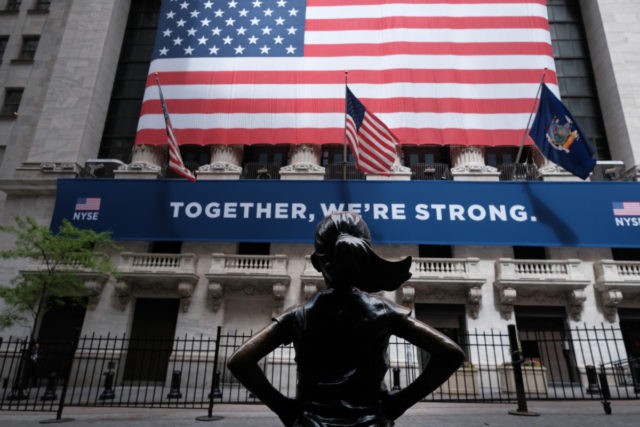Businesses in the U.S. invested far more money in capital goods in April than anticipated.
Economists had predicted that core capital orders, which excludes aircraft and military spending, would decline 10 to 15 percent in April. On Thursday the Commerce Department released data showing that core capital orders fell by a more modest 5.8 percent.
Shipments of those goods, a proxy for equipment investment in the government’s gross domestic product report, dropped 5.4 percent.
The better than expected data suggests that many businesses continued to invest in equipment in April despite stay-at-home orders and mandatory closures of many workplaces. Some of the spending might have been undertaken to allow employees to work from home or to improve health safety features of workplaces.
Core capital goods orders for March were revised down from a 0.1 percent rise to a decline of 1.1 percent.
A separate report issued Wednesday showed business investment was weak in the first three months of the year but not as weak as initially reported. Fixed nonresidential investment fell at a 7.9 percent annual rate, better than the 8.6 percent contraction the Commerce Department initially reported a month ago.
Orders for all durable goods, those meant to last at least three years, plunged 17.2 percent in April, after a revised 16.6 percent decline in March. That too was better than expected, with economists forecasting an 18 or 19 percent decline.
The numbers indicate that U.S. factories have been hard hit by the coronavirus-induced economic contraction.

COMMENTS
Please let us know if you're having issues with commenting.